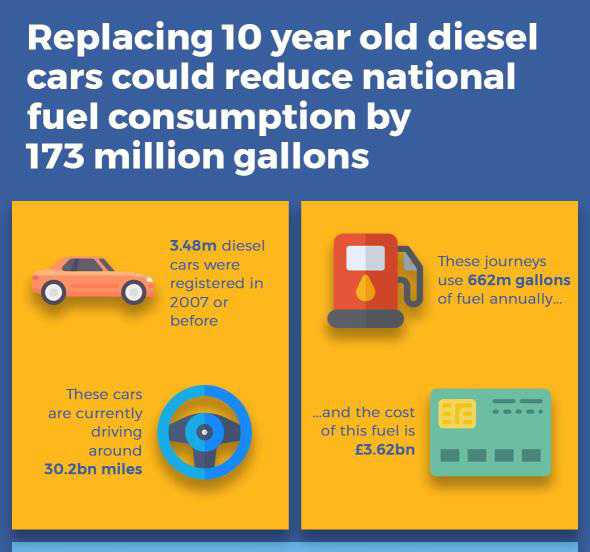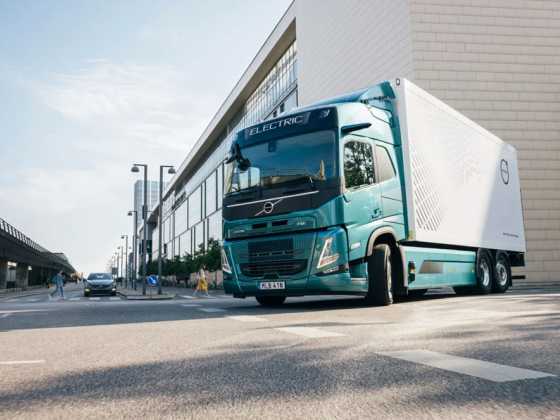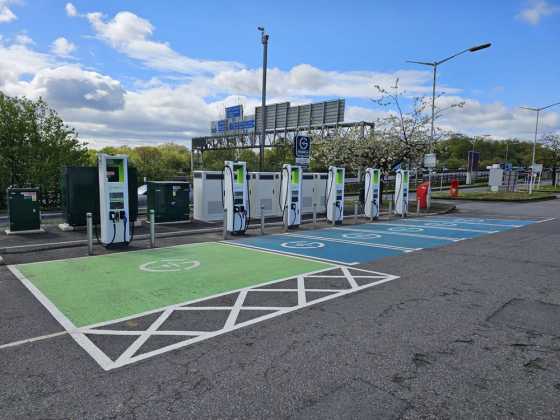Replacing old diesels could reduce fuel consumption by 173 million gallons

New analysis of the national car parc, released by Kwik Fit, reveals the potential benefit of removing the oldest diesel cars from UK roads.
Researchers for the automotive servicing and repair company have assessed the latest government national car population data and found that replacing all the diesel cars more than 10 years old with the latest models could save around 173 million gallons of diesel per year.
The nation’s motorists are currently driving around 30.2 billion miles each year in approximately 3,476,000 diesel cars – an average of 8,676 miles each – which were first registered in 2007 or before.
With the improvement in average fuel economy over the last decade, if these same journeys were made in brand new diesel cars, the total savings which drivers would make on fuel costs would be in the region of £947.8 million per year.
There would also be a reduction in HGV traffic, as the fuel saving is the equivalent to over 20,700 full loads of the largest fuel tankers, which carry 38,000 litres each.
With the potential reduction in fuel consumption would come a significant drop in emissions as the older cars which met Euro 4 emissions limits (at best) would be replaced by those meeting Euro 6 requirements.
Nitrous oxide (NOx) emissions from this group of cars would fall by 8.2million kg (from an estimated 12.1million kg to 3.9 million kg), a 68 per cent reduction. Particulate matter (PM) would fall by 970,000 kg, an 80 per cent decrease, dropping from 1.2million kg to just over 240,000 kg.
As recent data has shown, in real-world driving conditions many cars are not meeting the relevant Euro emissions limits.
However, the researchers believe that the improvement in real word performance over the last decade mean these figures are a conservative estimate of the potential reductions in emissions from replacing diesel cars over ten years old.
Roger Griggs, communications director for Kwik Fit, said: “There has been a lot of discussion about the potential impact of a scrappage scheme in the fight to reduce emissions, and many manufacturers have been running their own individual incentives on new cars.
“However, the environmental benefits of these incentives are unclear, as many of the vehicles traded in under these schemes may simply re-appear on the second-hand market. This analysis reveals the impact which a national scrappage scheme could have on emissions, assuming the older diesel vehicles were permanently removed from the road and replaced with new diesel models.”
The cost of replacing all diesels more than 10 years old with new models, assuming an average new car price of £28,000, would be in excess of £97.3 billion.
Roger Griggs continues: “Clearly there would be a significant cost in replacing the oldest diesel cars and currently, this cost would be born solely by the individual motorist. Any incentives the government can give the private individual to move to more efficient vehicles could have a significant impact.
“However, we know that for many, buying a new car is not possible and so we would encourage all owners to ensure that their car is running as efficiently as possible. This will be helped by regular servicing, ensuring tyres are at the correct pressure and driving as smoothly as possible. Not only will better fuel consumption help reduce emissions and thus provide long term benefits, it will also immediately start to save motorists money.”



